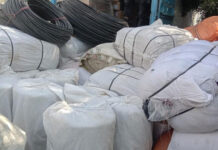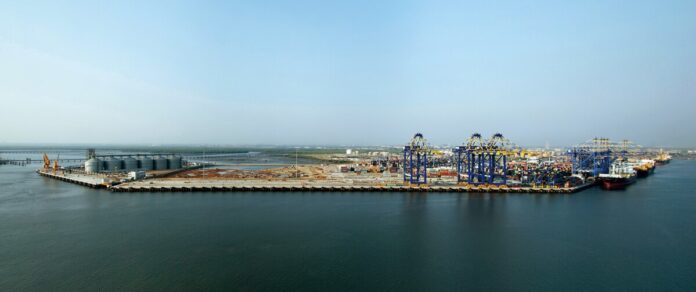The Port Qasim Authority (PQA) has defended its land allotment process, denying allegations of wrongdoing amid growing scrutiny over a controversial 500-acre land deal.
The clarification came after the issue gained media attention following a discussion in the Senate Standing Committee on Maritime Affairs on February 19.
According to a PQA press statement, the land in question was allotted through a competitive bidding process in 2010, following a procedure that began in 2005. The authority stated that the land, located in a low-lying area, was never handed over to the successful bidder due to non-payment of dues, leading to a cancellation notice in 2012.
The matter remained in legal limbo for over a decade due to a stay order from the Sindh High Court. In 2024, the PQA Board proposed an out-of-court settlement to resolve the dispute, but no further action was taken after NAB Karachi requested case records. PQA asserted its commitment to legal compliance and transparency, rejecting allegations of financial misconduct.
Meanwhile, Senate Committee on Maritime Affairs Chairman Faisal Vawda has taken a firm stance against irregularities in port land transactions, calling for the cancellation of all questionable allotments at Port Qasim. Speaking on Aaj News, Vawda claimed that Port Qasim had suffered estimated losses of Rs40 to Rs60 billion due to underpriced land sales, with plots valued at Rs40 million per acre being sold for just Rs1 million per acre.
He vowed to reverse such deals and take legal action, emphasizing that all related files should be presented to the Prime Minister and the Special Investment Facilitation Council.
Vawda also proposed selling 6,000 acres of port land for international investment, suggesting the construction of a seven-star hotel as part of broader maritime sector reforms. Additionally, he called for stricter regulations on heavy vehicle speeds to reduce road accidents, advocating speed limits of 40 km/h for dumpers and 80 km/h for buses on highways.
























